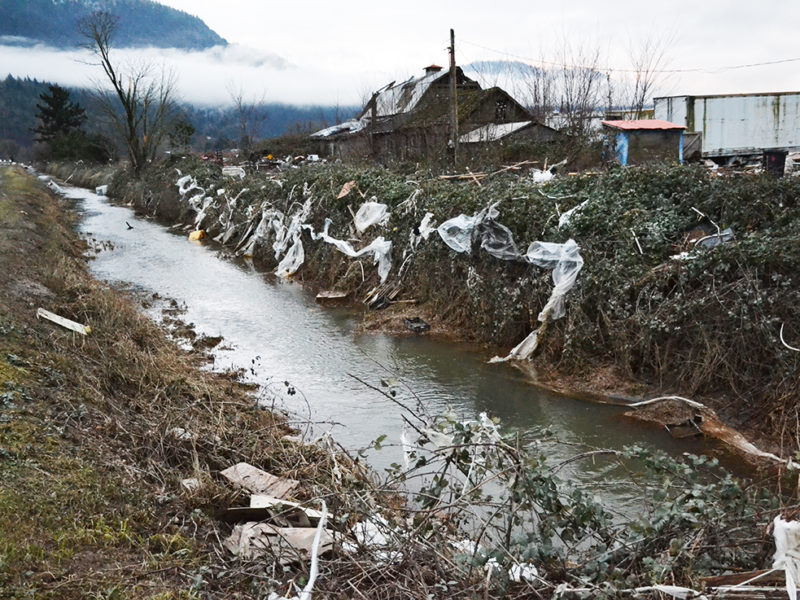While retail sales channels demand more from producers, CanadaGAP statistics indicate more producers in BC are demanding less regulation.
The food safety certification program debuted in 2008 and includes 3,000 participants from across North America’s fresh produce sector.
The annual report for the program year ended August 31, released in advance of CanadaGAP’s annual general meeting November 29, noted that enrolments nationwide were down 9%.
But in BC, where small fruits, tree fruits and grapes make up nearly three-quarters of participants, participation fell 14%. It now accounts for 34% of program participants, down from 37% five years ago. Nevertheless, it continues to account for the largest proportion of program participants.
CanadaGAP executive director Heather Gale said a leading cause of departures was “producers leaving groups that were CanadaGAP-certified because of increasingly stringent rules for group certification” following a revision of standards to align with Global Food Safety Initiative (GFSI) standards.
CanadaGAP has been aligned with GFSI since 2010, giving it global standing, as well as to the new Safe Food for Canadians Regulations “to ensure 100% alignment with Canadian regulatory requirements for food safety.”
The effects of adverse weather was another factor, one that may impact participation in BC this year. CanadaGAP advised producers last month that operations impacted by flooding following November’s extreme rainfall events will need to undertake a site-specific hazard assessment. Hazards may include a range of microbiological, chemical and physical hazards from sewage to glass.
“For food safety recertification in 2022, each operation affected by flooding will be expected to have completed an operation-specific risk assessment of the potential hazards on their site(s) prior to planting,” a memo from CanadaGAP last month stated. “The operation’s risk assessment as well as any preventive measures or corrective actions taken prior to planting must be documented by the program participant, so that the information can be reviewed by the auditor.”
However, addressing the hazards won’t be easy.
“It is acknowledged that relevant expertise and guidance for industry on mitigating the effects of catastrophic flooding and post-disaster remediation are currently lacking,” notes the memo. “It could take some time for recommendations to be developed.”


 BC Tree Fruit sells another property
BC Tree Fruit sells another property